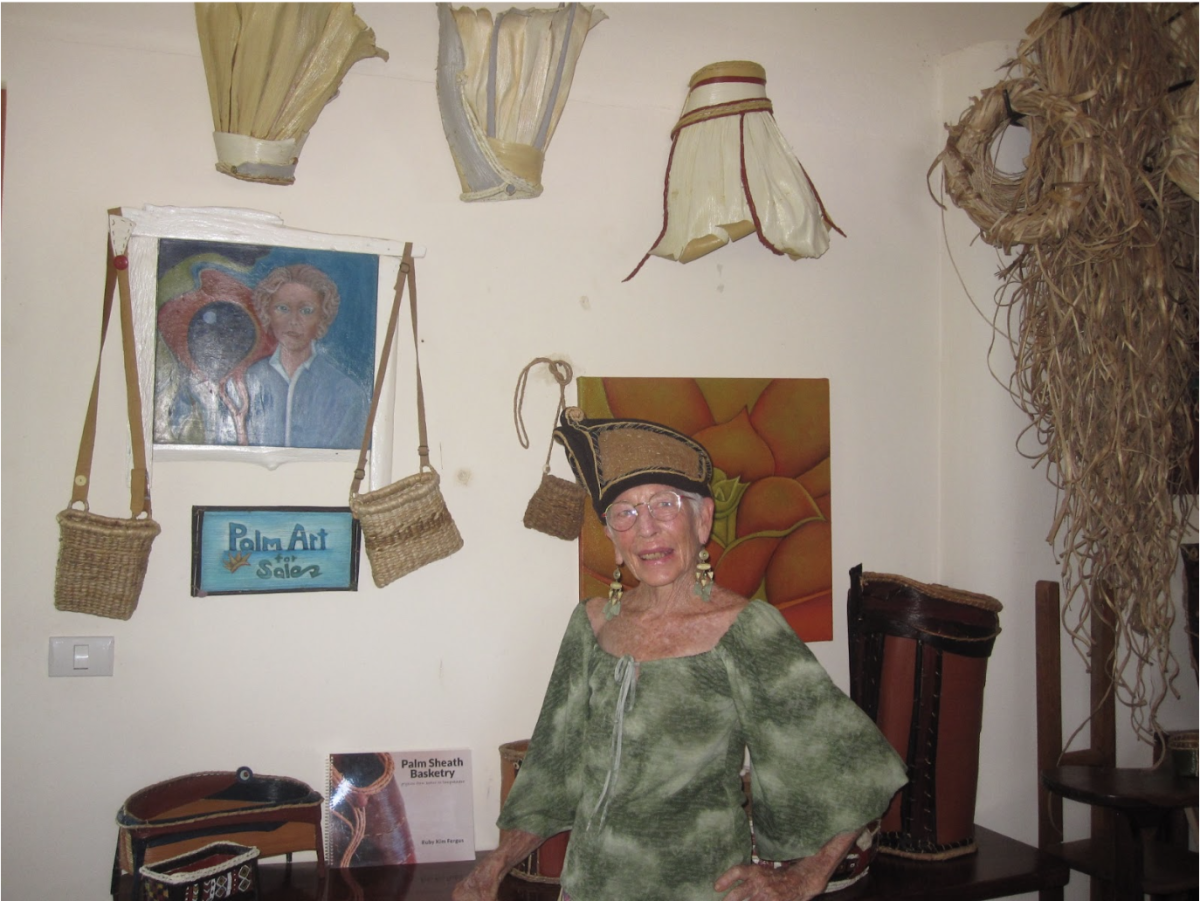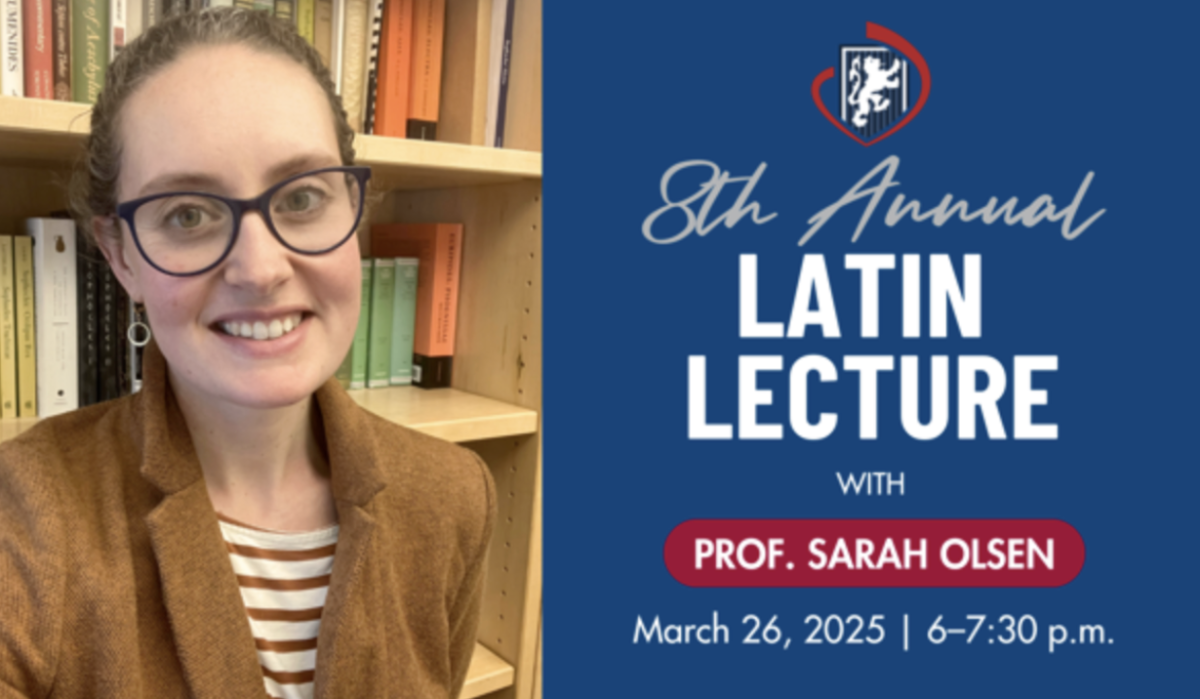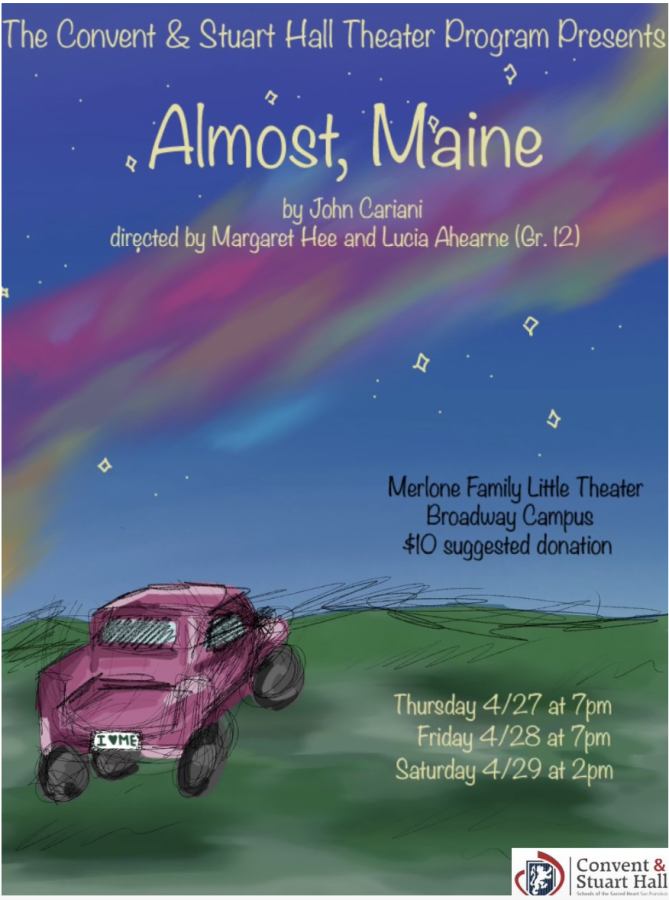Sara Kloepfer
Managing Editor
“Shhh!” — the man in front of me at the theater hissed angrily at my friend and I as we whispered giddily about the couple embracing on the screen. This was no teenage-heartthrob freak-out. The older, ruggedly handsome man staring into the fiery eyes of a pale teenage girl is a story from well before my time.
“Jane Eyre,” first published in 1847 by Charlotte Brontë, tells the tale of the troubled adolescence and maturation of the titular character. The recent movie adaptation directed by Cary Fukunaga, focuses on the stormy romance between Jane, played to mousy perfection by Mia Wasikowska, and the mysterious Mr. Rochester, a brooding Michael Fassbender.
The meaningful glances, whispered exchanges and chaste caresses between the leads creates a suspenseful chemistry seemingly nonexistent in the modern romantic comedy. Not only are there British accents to swoon over, but there’s a little something called chivalry. Jane and Rochester’s witty banter seems much more romantic than the overt sexual innuendo that passes for flirting in movies these days.
Select few period pieces get this type of romance right. Old-fashioned courtship clearly cannot display the same type of physical affection modern culture embraces. Yet this restraint can come off as frigid or detached, causing the viewer to lose interest in the couple’s plight — yes BBC, I am referring to your five-hour bore-fests.
Joe Wright’s 2005 adaptation of Jane Austen’s “Pride and Prejudice” is an example of the rare mix that captures both intimacy and innocence. Like “Jane Eyre,” the film uses clever conversation and longing gazes to energize the “Will they end up together?” anticipation — even if you already know the answer.
Funnily enough, I did not enjoy either book that much when reading them for English class as an underclassmen. The films brought to life the passion hiding behind the antiquated language I struggled with. Normally the book trumps any movie re-make, but these charming adaptations actually enhanced appreciation for the originals.
In the words of Rochester — swoon — “You transfix me, quite.”














